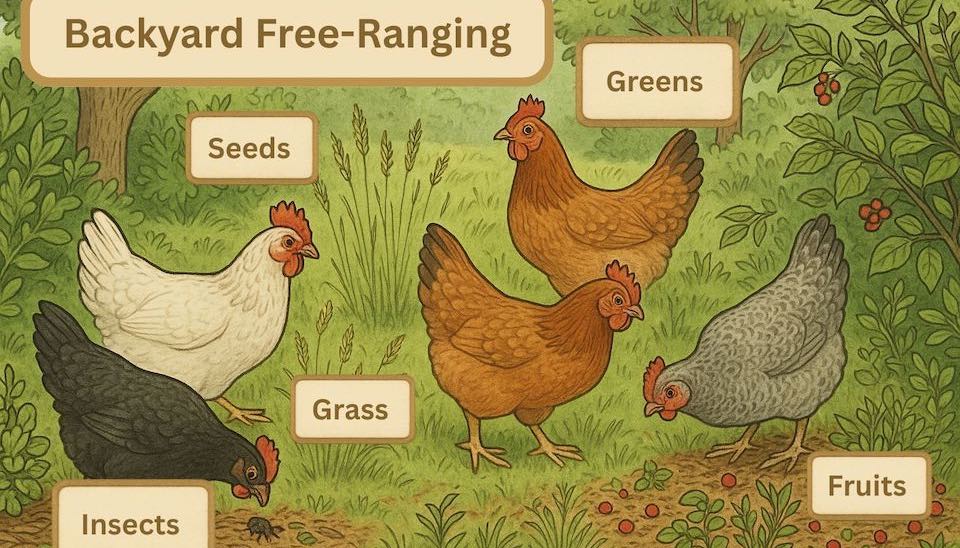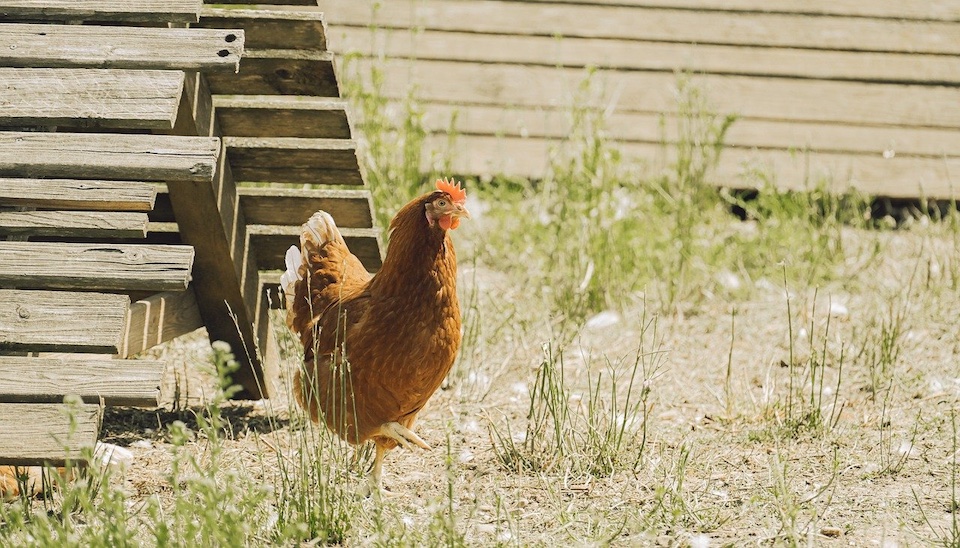Top 11 Coop Management Ideas to Keep Your Flock Healthy
Top 11 Coop Management Ideas to Keep Your Flock Healthy
Keeping your flock healthy and productive starts with effective coop management. Simple, regular practices like maintaining cleanliness, offering fresh water, and ensuring proper ventilation can prevent common chicken diseases and boost egg production. By taking a proactive approach, you’ll not only protect your hens from illness but also create a more pleasant environment for them to thrive in.
Here are 11 tried-and-true coop management tips that every chicken keeper should follow to keep their flock in top condition.
1. Keep Chickens Dry
Maintaining a dry coop and pen is one of the best ways to prevent the spread of disease. Muddy puddles in the pen can harbor harmful bacteria, so ensure proper drainage and cover for your flock.
For more tips on keeping chickens healthy in wet weather, check out this guide.
2. Regularly Change Nesting Box Bedding
Clean nesting boxes are essential for preventing mites, lice, and other pests. Replace the bedding frequently to keep the area fresh and inviting for your hens. Check out our nesting boxes here.
3. Clean the Coop with Apple Cider Vinegar
Apple cider vinegar with garlic is a natural and non-toxic way to disinfect your coop. Regular cleanings will help keep harmful bacteria at bay without the use of harsh chemicals. Grab your Apple Cider Vinegar here.
4. Install Dropping Trays
Installing dropping trays makes it easy to remove droppings daily. This small step keeps the coop clean and reduces the risk of illness caused by ammonia buildup in the bedding.
5. Use a Rodent-Resistant Chicken Feeder
Rodents can be attracted to leftover feed on the ground, bringing disease into the coop. By installing a rodent-resistant chicken feeder, you can reduce rodent activity and keep your coop more sanitary.
Find rodent-resistant feeders here
6. Ensure Proper Ventilation
Ventilation is essential, especially in warmer months. A well-ventilated coop prevents moisture buildup and reduces the risk of respiratory illnesses. Make sure your coop has openings that allow airflow while keeping drafts away from your chickens.
7. Elevate the Coop
Raising the coop off the ground helps prevent it from becoming damp, cold, or musty. Elevating your coop also keeps pests and predators at bay, creating a more secure and dry living space for your chickens.
8. Collect Eggs Daily
Collecting eggs daily prevents hens from becoming broody and keeps the coop tidy. Regular collection also encourages better egg production and cleanliness in the nesting areas. Consider our roll-away nesting boxes for easy egg collection.
9. Provide a Dust Bath Area
Chickens naturally use dust baths to rid themselves of mites and lice. Create a designated dust bath area in your coop filled with dry dirt or sand. This gives your chickens a chance to groom themselves and stay pest-free.
10. Offer Shade and Fresh Water
Hydration is critical, especially in the heat. Chickens need plenty of fresh water daily, particularly during egg-laying. Provide shade to keep your flock cool, and use a reliable waterer to ensure they have easy access to fresh water at all times. Explore our quality drinkers here.
11. Feed Quality Matters
Offering high-quality feed ensures your chickens get the nutrients and protein they need to stay healthy. Supplement their diet with fresh grass and garden scraps to keep them happy and satisfied.
Good coop management leads to healthier, more productive hens, which means more eggs and fewer health problems. By implementing these simple tips, you’ll create a cleaner, safer environment for your flock. Don’t forget to browse our full range of chicken care products to make coop maintenance easier and more efficient!



